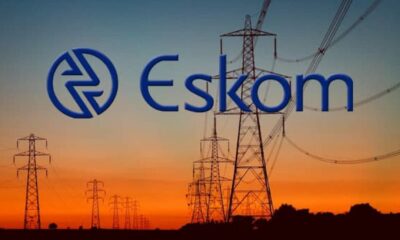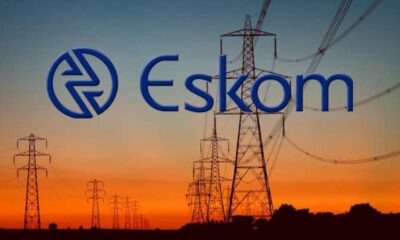Best of Johannesburg
Revealed: Why 2025 Electricity Tariffs Hit South Africa’s Prepaid Households Hardest

Electricity costs in South Africa are climbing again in 2025, and prepaid households are right in the firing line. The National Energy Regulator has approved an average increase of 12.74% for Eskom direct customers from April and 11.32% for municipalities from July.
Beyond the headline numbers, the structure of tariffs is shifting. The Inclining Block Tariff system, which gave cheaper first blocks of electricity, has largely been scrapped for many residential users. In its place comes a flat rate per unit, meaning low-usage households lose the benefit of cheaper starter units.
On top of that, fixed charges such as service fees and network capacity charges are being added or expanded. These costs apply regardless of how much electricity you use.
Who Feels It Most
For prepaid customers, the changes cut deep:
-
Low-usage households are hit hardest. They now pay the same rate from the first unit, and fixed fees raise their average price per kWh sharply.
-
Indigent households can still access relief through Free Basic Electricity (50 kWh per month) if they are properly registered. But many who qualify are not registered and miss out.
-
Fixed-income families and pensioners find it harder to balance budgets, since electricity eats into funds for essentials like food or transport.
Johannesburg in Focus
In the City of Johannesburg, where City Power supplies most households, the details matter:
-
Average tariff increase of 12.41%
-
R200 fixed monthly charge for prepaid high users
-
Indigent users cushioned if registered
-
Free Basic Electricity still applies for registered households
In Johannesburg the numbers tell the story. The average increase is 12.41% for 2025/26, but prepaid high users now face an extra R200 every month made up of a R70 service fee and a R130 network capacity charge. Indigent households registered with the city are exempt from these fixed charges and still receive 50 kWh of Free Basic Electricity monthly. For everyone else, the old Inclining Block Tariffs are gone, replaced by a flat rate per kilowatt-hour, which means fewer units for the same money.
Everyday Consequences
For a household that previously bought R500 of prepaid units a month, the same spend in 2025 now delivers fewer units. Fixed charges make this worse for those who buy small amounts more often.
Social media has been vocal about the new tariffs, with many residents calling the system “anti-poor” because it penalises small users while larger consumers can absorb costs or shift usage to off-peak times.
How to Protect Your Budget
Even with steeper tariffs, there are ways to lessen the hit:
-
Check your registration: Make sure you are on the indigent register if you qualify. This unlocks Free Basic Electricity and exempts you from some charges.
-
Track your usage: Monitor your meter closely to understand how many kilowatt-hours you use monthly and adjust habits where possible.
-
Shift timing: Peak hours have been adjusted. Running heavy appliances outside the evening peak can save costs.
-
Cut waste: Energy-efficient bulbs, smart plugs, and avoiding standby mode can stretch units further.
-
Consider alternatives: Solar or hybrid systems are becoming more attractive as grid tariffs rise.
Why This is Happening
Eskom and municipalities argue that tariffs must reflect the real cost of supplying electricity. The removal of subsidies and IBTs is meant to simplify billing and ensure the “user pays” principle. But for households already struggling, it feels like a step backward for affordability and a challenge to the idea of a just energy transition.
The 2025 tariff changes are not just another annual increase. They reshape how households pay for electricity, with prepaid users carrying much of the weight. For Gauteng families on tight budgets, knowing your tariff, checking your indigent status, and adjusting how you use electricity could make the difference between keeping the lights on and being left in the dark.
Also read: Why the NHI Bill Is Poised to Redefine Private Healthcare in SA in 2025
Follow Joburg ETC on Facebook, Twitter, TikT
For more News in Johannesburg, visit joburgetc.com
Featured Image: News24


























